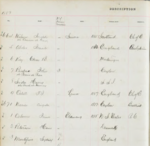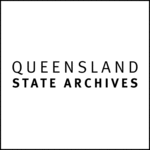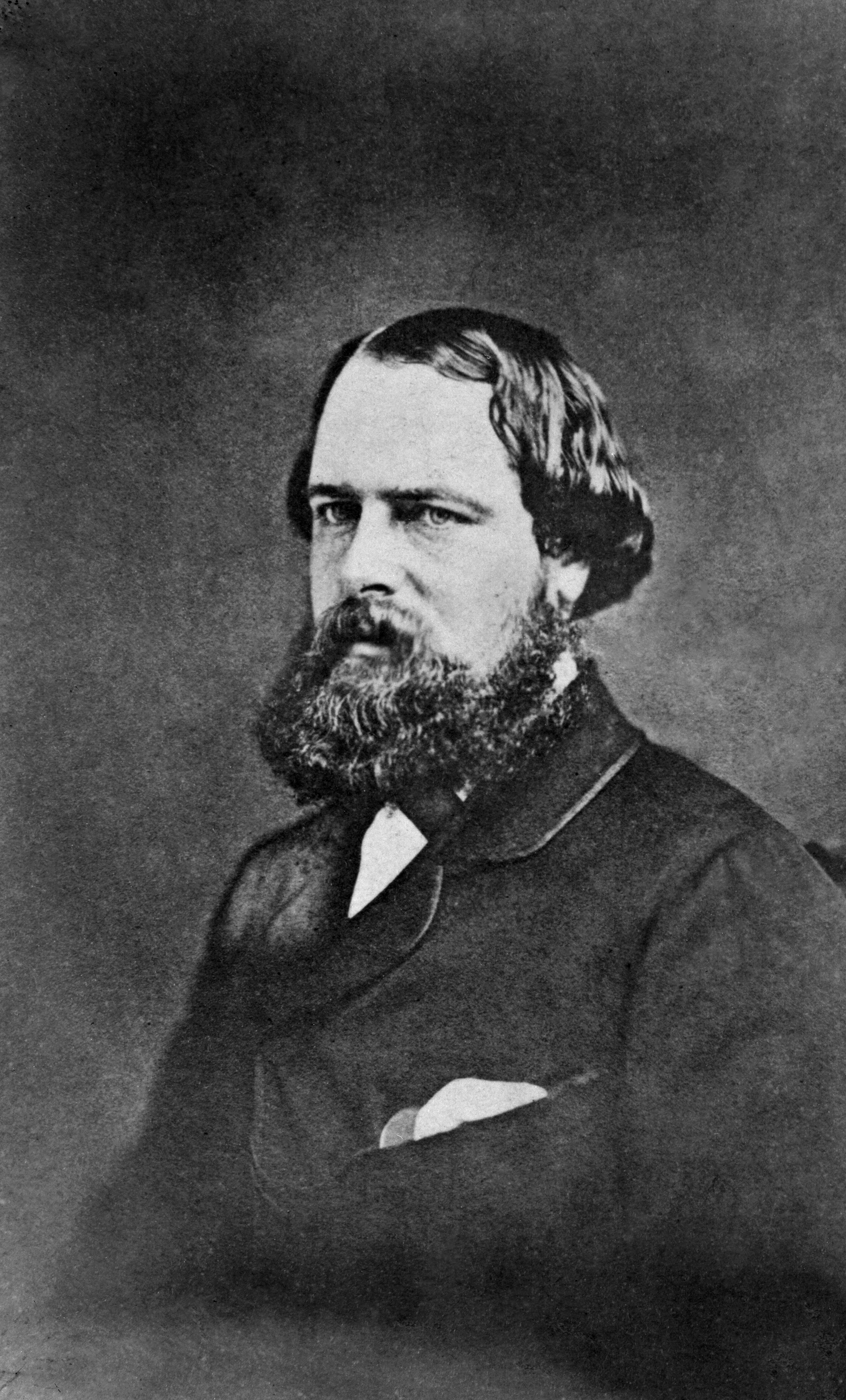
Colonial Secretary's Inwards Correspondence (S5253)
This is the main series of letters received by the Colonial Secretary's Office, and was started following separation from New South Wales in December 1859. The Colonial Secretary’s correspondence contains fascinating stories from the people living and working in the new state of Queensland, in...

Description book (males) - HM Gaol, Brisbane (Boggo Road)
Following the closure of the Moreton Bay penal settlement in 1842, tenders were called in 1847 to convert the Female Factory in Queen Street to a gaol. On 14 December 1849, the altered building was proclaimed a prison known as the Gaol, Brisbane. A new gaol was built at Petrie Terrace in 1860...
First Nations Language Collection
There are over 150 Aboriginal and Torres Strait Islander language groups in Queensland. The Queensland State Archives Languages Project aims to support First Nations communities to record and revive traditional languages across the state. The project involves identifying, researching,...

Register of male prisoners admitted - HM Prison, Brisbane (Boggo Road)
Following the closure of the Moreton Bay penal settlement in 1842, tenders were called in 1847 to convert the Female Factory in Queen Street to a gaol. On 14 December 1849, the altered building was proclaimed a prison known as the Gaol, Brisbane. A new gaol was built at Petrie Terrace in 1860...



